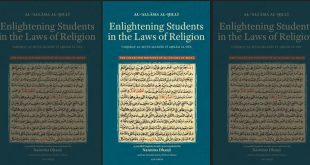What is the impact on Islamic traditional law, especially its political structure, of the modern concept of the state? Does the law emanate from the state or is it a direct directive from Allah to the Ummah?
The concepts of sovereignty and legal personality in Islamic Law and Western Law are fundamentally different. Under Islamic law sovereignty belongs to Allah and the ruler is the agent of the Ummah. His function is to implement, rather than make the law. Western law assigns sovereignty to the state. The state has complete monopoly over the law making process, giving validity to which under Islamic law was the domain of the doctrinal schools. Furthermore, the birth of the nation-state has changed the structure in which traditional Islamic law operated which has now been forcefully restricted in its scope. The concept of ‘ asabiyya is different from the concept of nation. The former is a natural phenomenon while the latter has been imposed upon the Ummah. If certain changes are made to the way that the modern state operates, it can function as an administrative tool that serves the Ummah.
Bibliographic Information
Title: Islamic Law and the State
Author: Saba Sana Kareemi
Publisher: University of Toronto
Language: English
Length: 73 pages
Pub. Date: December 20, 2011
 Ijtihad Network Being Wise and Faithful Muslim in the Contemporary World
Ijtihad Network Being Wise and Faithful Muslim in the Contemporary World

